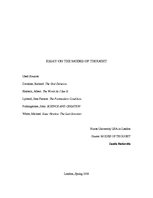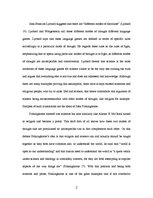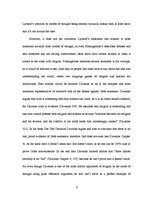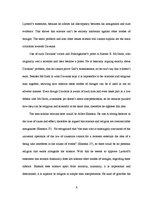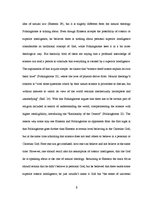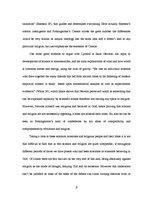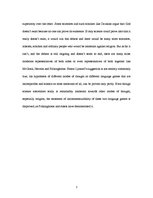Jean-Francois Lyotard suggests that there are “different modes of discourse” (Lyotard 10). Lyotard and Wittgenstein call these different modes of thought different language games. Lyotard says that these language games are defined in terms of specific rules accordingly to a particular mode of thought. He regards these rules as the rules of fight, emphasizing that to speak using particular modes of thought is to fight, as different modes of thought are incompatible and controversial. Lyotard deems that science is the most intolerant of these language games for science claims to be the only one owning the truth and argues that everything else is not true and does not represent real knowledge. Although there are many examples proving this assumption, there have always existed scientists and religious people, who try to unite God and science, that hence contradicts this argument of science being incommensurable with other modes of thought, like religion for example. Samples of such illustrations are the ideas of John Polkinghorne.
Polkinghorne himself was scientist but later similarly like Alistair E. McGrath turned to religion and became a priest. …
